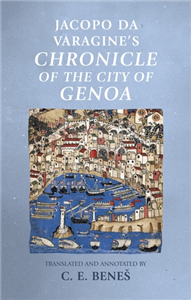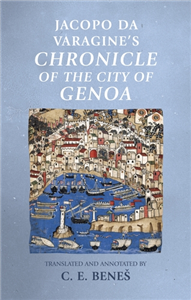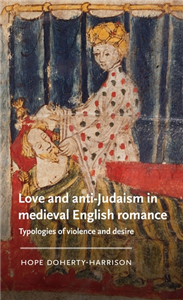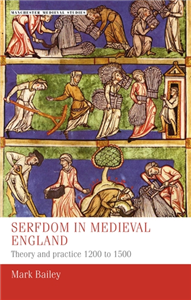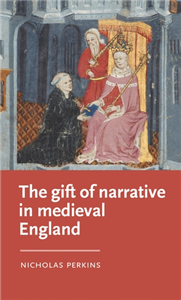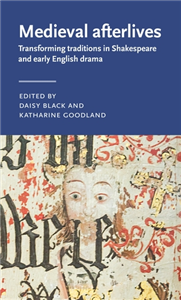City University of Hong Kong Press
City University of Hong Kong Press was founded in 1996 as the publishing arm of the City University of Hong Kong. Overseen by the University Press Committee, the continuing mission of the Press is, by way of publishing high quality titles, to promote scholarship; to enhance knowledge transfer; and to disseminate knowledge and creative works to society at large.The Press publishes mainly three types of publication: academic works, professional books and books of general interest and social concern. These cover a wide range of fields including business, history, cultural studies, education, law, political science, social sciences, sciences and engineering, with a focus on China studies, Hong Kong studies, Asian studies, politics and public policy. The Press endeavours to produce works of social impact, regional and international significance, and lasting value.
View Rights Portal



